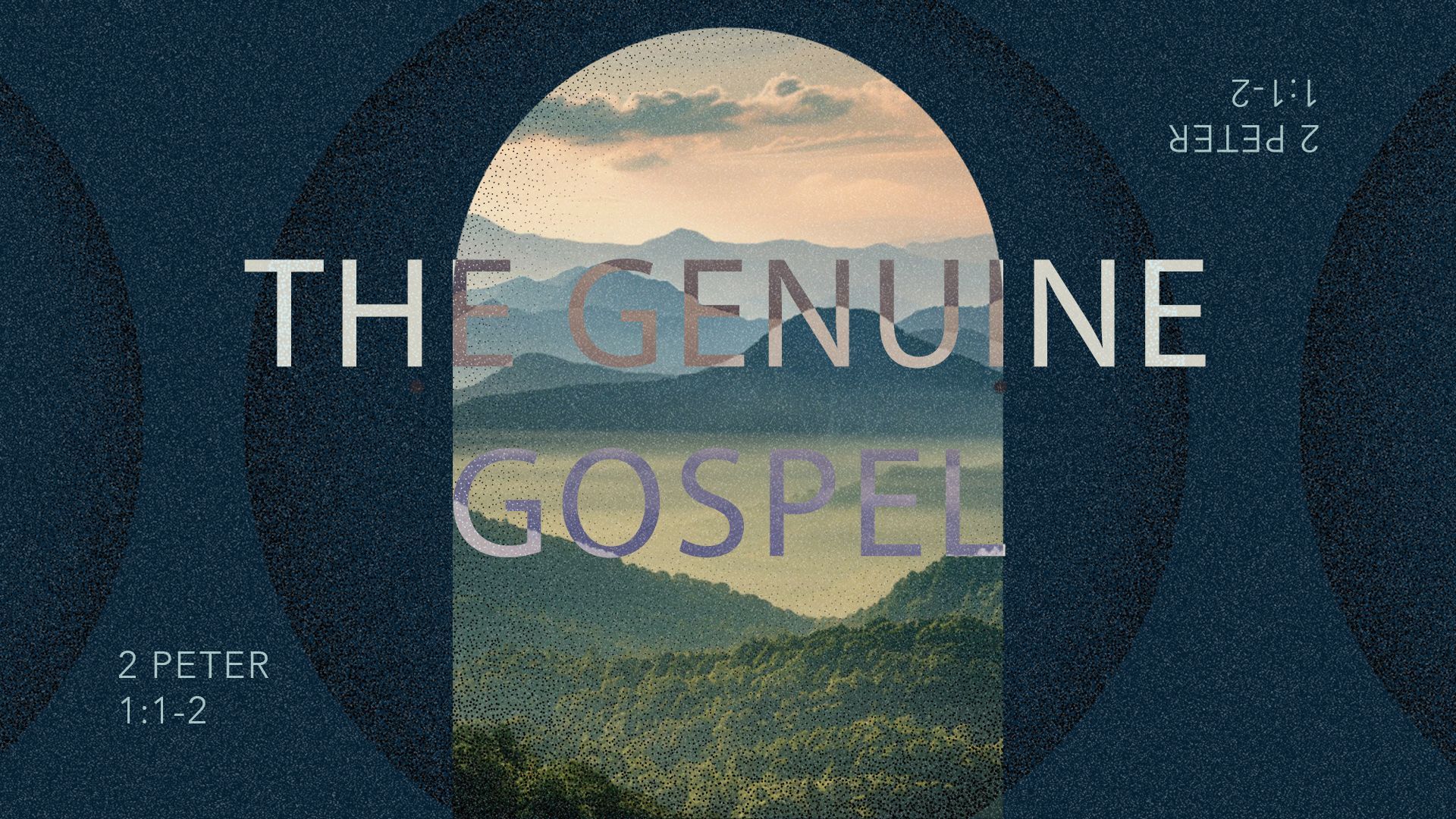The Body of Christ
From Pastor Ky Martin's sermon on 1 Corinthians 12:12-26:
The church is not a business; it's a body.
There is a temptation to view the church as an entity that provides religious goods and service that are appealing to us, the end-user. (Does the children's programming fit our needs? Do you like the songs we sing during worship? Are you happy with the building situation?...)
The problem with only looking at the end result is that we miss what it takes/ who it takes to build the experience. When we do this, we start to look at church as less like a body and more like a gym membership. When you only look at what features a gym can offer you, it's easy to leave for another gym if you find features you like better.
Scripture tells us that the church is the BODY of Christ, Christ is the head. A nose cannot see, an arm cannot hear -- but TOGETHER, all of the parts of a body work together to create harmony in movement and function. The church cannot achieve its purpose without each individual member contributing their part.
Author Mark Dever said it well, "We (must) move from being pampered consumers to becoming joyous proprietors. We stop arriving late and complaining that we don’t get exactly what we want; instead, we arrive early and try to help others with what they need."
Because we are one body...
...the church needs you. You bring something to the church that no one else can. Though some spiritual gifts are more visible, that doesn't mean they are more important.
"If the whole body were an eye, where would be the sense of hearing? If the whole body were an ear, where would be the sense of smell? But as it is, God arranged the members in the body, each one of them, as He chose." - 1 Corinthians 12:17-18
...you need the church. Local church bodies are where we find belonging and are able to unify in mission. We cannot be satisfied with simply being a part of the universal Church. We are designed to engage and participate in the local church so the universal Church can fulfill its purpose.
...the church needs people who are different than you. Praise the Lord that we are all different and bring diverse gifts to our church body. Verse 21 says, "If all were a single member, where would the body be? As it is there are many parts, yet one body."
...we share in each other's successes and struggles. Our passage in 1 Corinthians continues, "But God has so composed the body...that there may be no division...but that the members may have the same care for one another. If one member suffers, all suffer together; if one member honored, all rejoice together."
There's no greater example of this than Jesus.
He is the head of our body.
At the cross, He knew His body was in grave danger because of sin. He felt the pain of His body and knew the danger it was in. So He did what no one else could do: He stepped in and absorbed the wrath of God.
"Through setting His love on human beings God has voluntarily bound up His own final happiness with theirs. It is not for nothing that the Bible habitually speaks of God as the loving Father and Husband of His people. It follows from the very nature of these relationships that God's happiness will not be complete till all His beloved ones are finally out of trouble." - J.I. Packer, Knowing God
Our church body at Crosspoint is a beautiful picture of God's goodness. There are so many people who contribute in so many different ways, all working together for the good of our church and to further God's kingdom.
If you have been attending our church and haven't stepped in to serve yet, we need you.
This isn't something you want to miss out on.





